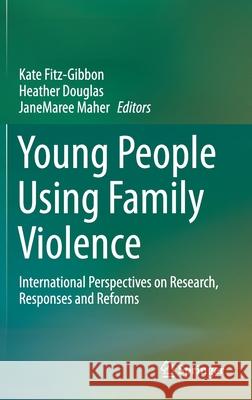Young People Using Family Violence: International Perspectives on Research, Responses and Reforms » książka
topmenu
Young People Using Family Violence: International Perspectives on Research, Responses and Reforms
ISBN-13: 9789811613302 / Angielski / Twarda / 2021 / 154 str.
Young People Using Family Violence: International Perspectives on Research, Responses and Reforms
ISBN-13: 9789811613302 / Angielski / Twarda / 2021 / 154 str.
cena 483,04
(netto: 460,04 VAT: 5%)
Najniższa cena z 30 dni: 462,63
(netto: 460,04 VAT: 5%)
Najniższa cena z 30 dni: 462,63
Termin realizacji zamówienia:
ok. 16-18 dni roboczych.
ok. 16-18 dni roboczych.
Darmowa dostawa!
Kategorie:
Kategorie BISAC:
Wydawca:
Springer
Język:
Angielski
ISBN-13:
9789811613302
Rok wydania:
2021
Wydanie:
2021
Ilość stron:
154
Waga:
0.42 kg
Wymiary:
23.39 x 15.6 x 1.12
Oprawa:
Twarda
Wolumenów:
01
Dodatkowe informacje:
Wydanie ilustrowane











